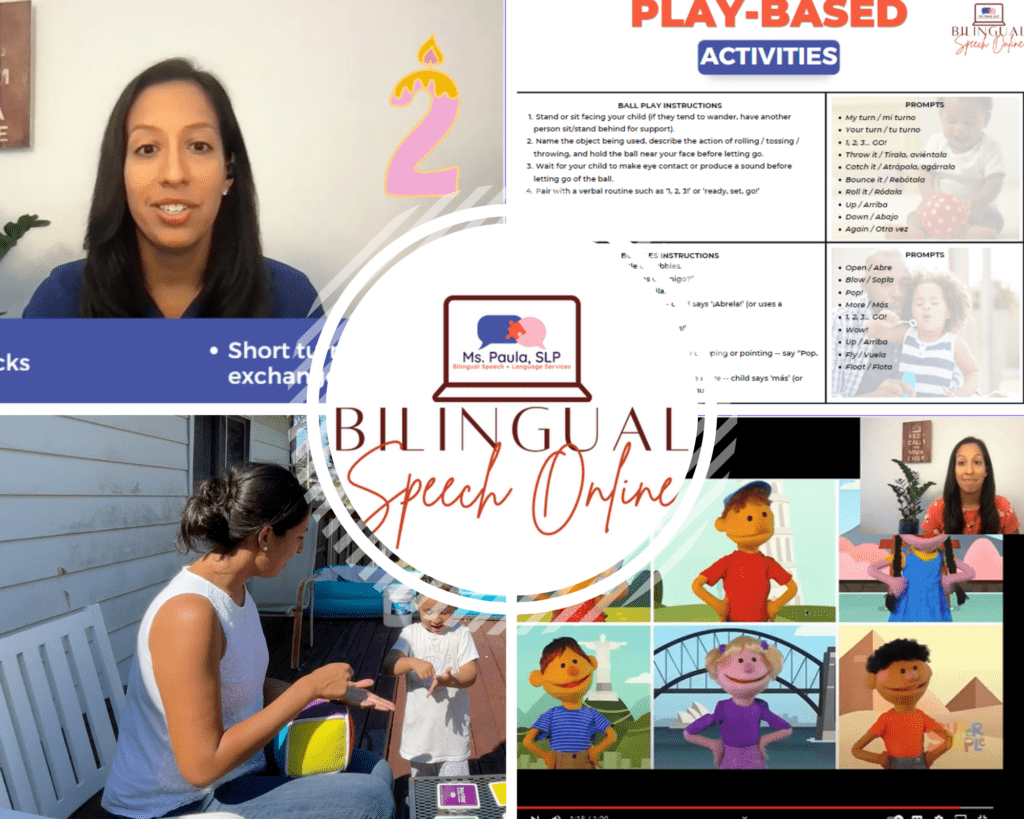Social Language Skills
What are Social-Pragmatic Skills?
Social-pragmatic skills allow us to use language—both verbal and nonverbal—in social situations. To be effective interlocutors, we must know what is considered appropriate for a given setting or situation. Social-pragmatic skills allow us to do that.
The three core social-pragmatic skills are:
- Using language: The ability to use language in different ways and for different purposes. Language can be used to greet people, request information, give directions, express feelings, etc.
- Adapting language: The ability to recognize who is being spoken to and adjust communication accordingly. For example, most people speak differently to a toddler than to an adult.
- Following rules of conversation: The ability to discern and obey the (often unspoken) rules of conversation and social interaction. Examples of rules of conversation include taking turns while speaking or using appropriate facial expressions.
Does My Child Have a Social-Pragmatic Language Disorder?
If your child displays any of these difficulties, it may be a sign of a social-pragmatic language disorder.
Someone experiencing a social-pragmatic language disorder, also called a social communication disorder, may have difficulty using language appropriately in social contexts. This disorder is diagnosed based on difficulties with both verbal and non-verbal social communication skills. For example, your child may have difficulty:
- Responding to questions
- Using gestures (waving, pointing, etc.)
- Taking turns when talking
- Talking about their emotions or feelings
- Staying on topic
- Using different words for different purposes
- Addressing authority figures (teachers, doctors, etc.) in a polite and appropriate manner

Children on the autism spectrum often have difficulties with social-pragmatic communication skills. They may not be able to adjust their speech to different situations, or may not readily discern social conventions and rules surrounding verbal communication.
However, a social-pragmatic language disorder is different from autism spectrum disorder. They are distinct conditions with separate methods of diagnosis and treatment.


What Is Executive Function?
An executive function is a type of mental skill used in the routine activities of everyday life. We use these skills to learn, work, play, and otherwise go about daily life. Executive functions are somewhat like the management system of the brain: they let us accomplish tasks, set goals, and plan ahead.
Executive function skills allow for working memory, flexible thinking, focusing or paying attention, and self-control. Higher-order mental processes, such as event-planning or logical problem solving, utilize multiple executive function skills at once.
Therapists generally recognize seven distinct executive functions:
- Self-awareness
- Inhibition
- Non-verbal working memory
- Verbal working memory
- Emotional self-regulation
- Self-motivation
- Planning and problem solving
Executive functions develop gradually over many years. Children develop self-awareness by age two. On the other hand, planning and problem solving are not fully developed until around age 30.

Does My Child Have a Social-Pragmatic or Executive Function Disorder?
It is important to understand that there is no single diagnosis called an “executive function disorder.” Children and adults can struggle with executive function skills for all kinds of reasons that are not reducible to a single disorder or condition.
In broad terms, someone experiencing executive function difficulties may have a hard time focusing, following directions, regulating their mood and emotions, and so forth. As many as 90% of children with ADHD also experience challenges with executive function.
Here are some symptoms to watch for in your child:
- Trouble paying attention
- Limited inhibitory control
- Trouble organizing and planning simple tasks
- Cannot shift from one task to another
- Difficulty producing ideas and putting them into words
- Forgetting homework often
- Trouble starting homework independently
- Difficulty estimating how long a task will take
- Gets easily distracted
- Has trouble remembering names and key details
- Trouble listening to and following instructions
- Cannot easily transition between different tasks
None of these symptoms guarantee an executive function disorder, but they are all signs to watch out for. The more aware parents are of these signs and symptoms, the sooner they can seek an evaluation and provide their child with the necessary treatment.

How Will Behavior Therapy Help My Child?

Behavior therapy is a proven treatment for children experiencing social-pragmatic language disorders and/or executive function disorders. Behavior therapy aims to improve a child’s behavior, self-esteem, and self-control. Goals for therapy are developed with specific functional outcomes in mind.
Therapy can help children with pragmatic deficits increase their awareness, learn to read social cues, and respond appropriately. Some individuals may benefit from learning strategies to improve their working memory, mental flexibility, impulsivity, or their ability to plan, organize, and manage time.
In many cases, parents are trained in behavior therapy in order to help their children directly. Effective behavior therapy between parent and child takes time, effort, and the council of a trained therapist to get right. However, for children struggling with social communication skills, the benefits of behavior therapy will be undeniable.
Get in Touch
Is your child showing signs of executive dysfunction? At Ms. Paula, SLP, we provide professional and compassionate pediatric behavior therapy near you.
Many doctors simply prescribe medication for children with ADHD or some other executive function disorder. However, we follow the advice of the American Academy of Pediatrics and believe that therapy—not drugs—is the best way to improve executive function skills in children.
We’re based in the north Chicago suburbs and enjoy working with families across Chicagoland.
